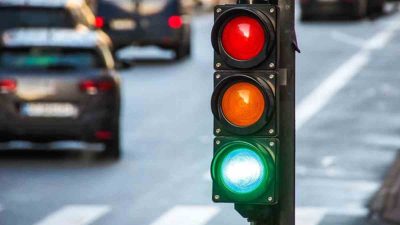In a world where robots are delivering your pizza order, sharing the road with vehicles with no human inside, and drones carrying parcels, legislation is getting outdated by the day.
The New York City traffic department is reviewing its ban on specific e-bikes for last-mile food deliveries. Pedal-assisted bicycles as wide as 122cm can be used in the city if approved. The government realized legislation was outdated and did not accompany alternative, more environmentally friendly options.
Electric bike regulations around the world
According to Hovsco, the laws governing electric bikes are just taking shape and have not yet been adopted by many nations. E-bikes are now allowed in New York City, but their laws continue to be improved.
There are no set regulations by the government for e-bikes in America; each local government instead regulates it.
- Alaska: E-bike riders must have an operator’s license and are prohibited from sidewalks and bike paths.
- Arizona: E-bikes are allowed on sidewalks and bike paths, but you don’t have to wear helmets.
- Georgia: E-bikes are only allowed on a bicycle or shared-use path if they are within or adjacent to a highway or roadway or expressly authorized by the local authority.
- Massachusetts: Riders must carry an operator’s license. An e-bike is defined as a “motorized bicycle” as long as its maximum speed is 25mph (40kmph)
- New York: E-bikes, including bike lanes, can be on roads with a speed limit of 30mph (48kmph) or less.
ALSO READ: Vok Bikes could hit NYC soon, depending on changes to road rules
Over 50 laws identified to be amended
Australia’s National Roads and Motorists’ Association (NRMA) has identified over 50 federal and state laws to be amended for autonomous vehicles to operate fairly. This will also impact insurance policies and traffic fine regulations.
The NRMA compiled a report identifying outdated legislation that should be amended to fit in with the developing technology in logistics and delivery.
It also warns that traffic enforcement laws must be adjusted to enable authorities to issue fines to a registered autonomous vehicle operator, not a human. It also states that the registered operator could have a right to recover the penalty from the vehicle supplier.
The question now arises: how will authorities be able to determine what happened on the scene of a collision, as there are no witnesses? But a black box inside the autonomous vehicles could just solve this problem.
NRMA chair Tim Trumper says Australia must follow the lead of other countries to ensure that laws, insurance, and enforcement regimes are kept up to speed. “We know that autonomous and electric vehicles are coming to Australia soon and that the benefits to society are extensive. We have a way to go to position Australia’s laws to be ready for this significant transformation,” says Trumper.
About the author
Mia is a multi-award-winning journalist. She has more than 14 years of experience in mainstream media. She's covered many historic moments that happened in Africa and internationally. She has a strong focus on human interest stories, to bring her readers and viewers closer to the topics at hand.












